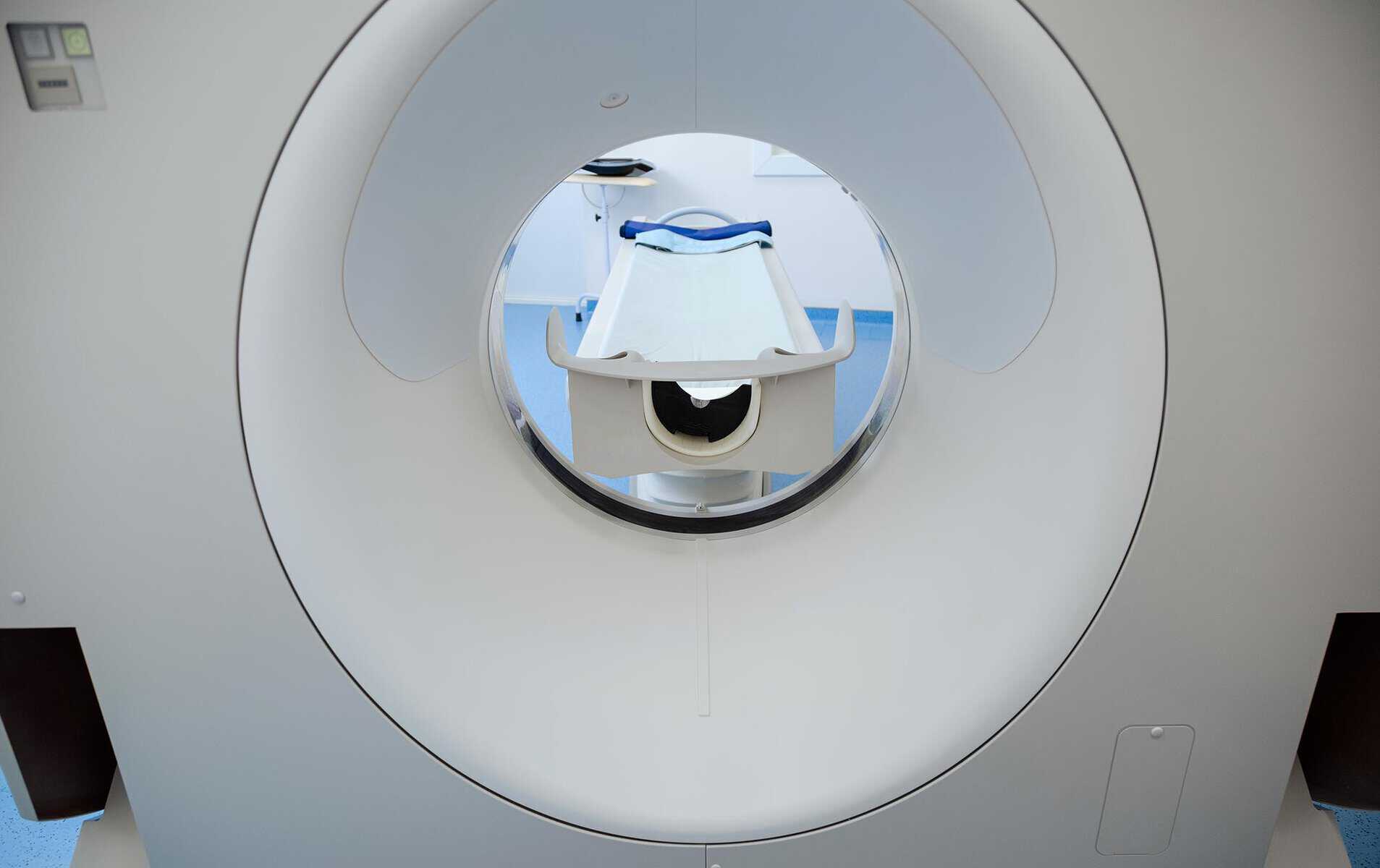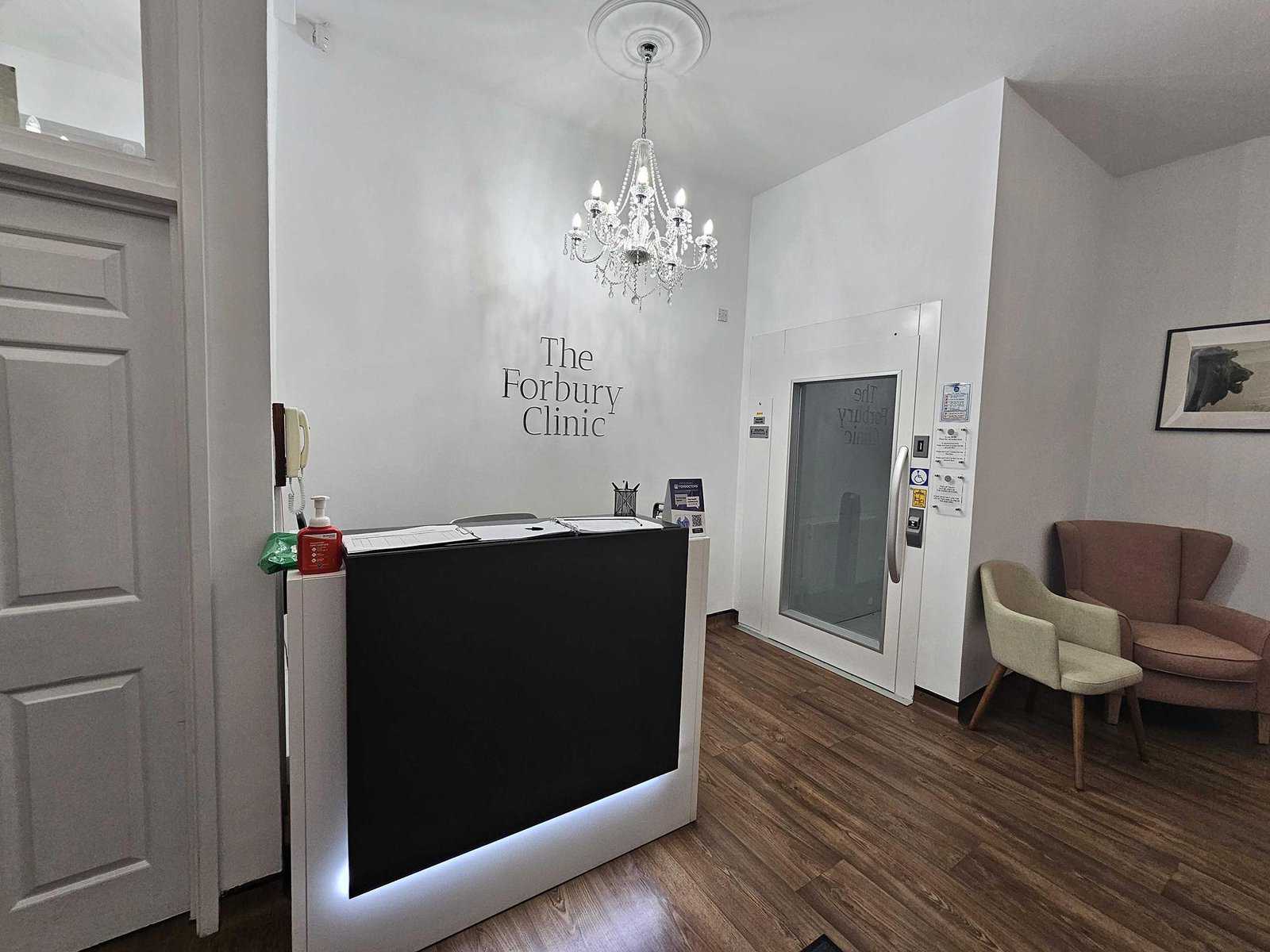Effective Treatment for Tonsil Stones
Struggling with discomfort from tonsil stones? Contact The Forbury Clinic today for a consultation and personalised treatment plan to alleviate your symptoms.

Introduction
Tonsil stones, also known as tonsilloliths, are small, calcified formations that occur in the crevices of the tonsils. They can cause discomfort, bad breath, and difficulty swallowing. Addressing tonsil stones promptly is important to prevent complications and improve oral health. At The Forbury Clinic, our experienced team offers comprehensive care to effectively manage and treat tonsil stones. Reach out today for a consultation and start your journey to better health.


What are Tonsil Stones?
Tonsil stones are hardened, calcified deposits that form in the tonsil crypts. These crypts are small pockets or crevices on the surface of the tonsils where bacteria, dead cells, and mucus can accumulate. Over time, these materials can harden and form stones.
Common symptoms and signs of tonsil stones include:
- Bad breath (halitosis)
- Sore throat
- Difficulty swallowing
- Ear pain
- Visible white or yellow formations on the tonsils
- Persistent cough
- Swollen tonsils
Causes and Risk Factors
Causes
Tonsil stones develop due to the accumulation of debris in the tonsil crypts. The main causes include:
Poor oral hygiene
Chronic tonsillitis or frequent throat infections
Large tonsils with deep crypts
Risk Factors
Risk factors contributing to the development of tonsil stones include:
Smoking
Sinus problems or post-nasal drip
Chronic dry mouth
Allergies
Diagnosis
Diagnosing tonsil stones involves a physical examination and reviewing your medical history. Your doctor may inspect your mouth and throat using a lighted instrument to identify the stones.
Specific tests and assessments include:
- Throat Swab: To check for bacterial infections.
- Imaging Tests: Such as X-rays or CT scans, if stones are not visible but symptoms persist.

Treatment Options
At The Forbury Clinic, we offer a range of treatments for tonsil stones based on the severity and underlying cause:
- Non-Surgical Options
- Surgical Options
- Innovative Treatments
Manual Removal:
Using a cotton swab or dental pick to dislodge the stones.
Gargling Salt Water:
To help reduce discomfort and dislodge smaller stones.
Antibiotics:
If bacterial infection is present
Hydration and Oral Hygiene:
Encouraging frequent hydration and maintaining good oral hygiene to prevent stone formation.
Laser Tonsil Cryptolysis:
Using laser to remove the crypts where stones form.
Coblation Tonsil Cryptolysis:
A procedure that uses radiofrequency energy to reduce tonsil tissue and crypts.
Tonsillectomy:
Surgical removal of the tonsils, considered if stones are recurrent and problematic.
Innovative Treatments:
Personalised treatment plans using the latest diagnostic and therapeutic technologies to ensure effective treatment and prevention of tonsil stones.
Managing Tonsil Stones
Managing tonsil stones involves both medical treatment and self-care practices:
Oral Hygiene:
Brush and floss regularly to remove food particles and bacteria.
Gargling:
Use salt water or mouthwash to reduce bacteria and prevent stone formation.
Hydration:
Drink plenty of fluids to keep the throat moist and reduce debris accumulation.
Dietary Changes:
Avoiding dairy products and other foods that can increase mucus production.
Complications and Prognosis
Possible complications if tonsil stones are untreated include:
- Recurrent throat infections
- Enlargement of stones leading to more severe symptoms
- Chronic sore throat or discomfort
The general prognosis for someone with tonsil stones is excellent, especially with proper care and prevention measures. Most cases resolve with appropriate treatment and improved oral hygiene practices.


Why Choose The Forbury Clinic?
Choosing The Forbury Clinic for tonsil stone treatment means opting for top-quality care. Our advantages include:
- Expert Staff: Our team comprises highly skilled and experienced ENT specialists.
- Cutting-Edge Technology: We use the latest diagnostic tools and treatment methods.
- Patient-Centred Care: We provide personalised care plans tailored to each patient’s needs.
